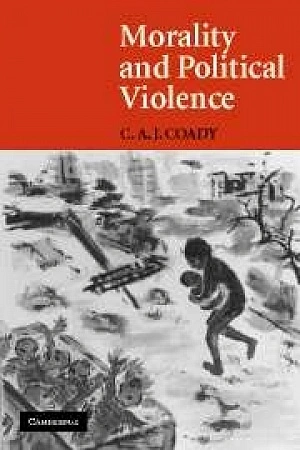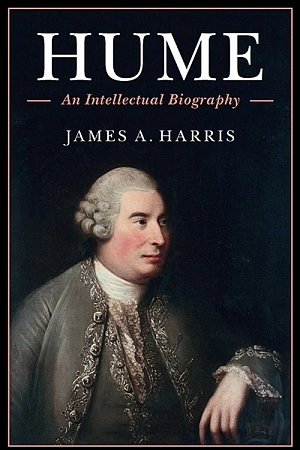The Gardener and the Carpenter: What the new science of child development tells us about the relationship between parents and children
Bodley Head $42.99 hb, 303 pp, 9781847921611
The Gardener and the Carpenter: What the new science of child development tells us about the relationship between parents and children by Alison Gopnik
Philosophers do not have the best track record as parents. Plato seemed to entertain the idea that children should be raised by the state. Rousseau abandoned all five of his children to an orphanage. There is a rumour that Descartes used to travel with a life-sized mechanical doll that he named after his daughter. Wittgenstein was encouraged to move on from his brief career as a primary school teacher in rural Austria after it was discovered that he would sometimes pull the children’s hair out if they were particularly bad at mathematics.
Alison Gopnik, a philosopher and psychologist at the University of California, Berkeley, has been working hard to correct this situation. Her latest book, The Gardener and the Carpenter, is a deeply researched enquiry into the world of childhood, particularly the connection between child and adult that we have come to call ‘parenting.’
One way to summarise Gopnik’s overall point is to notice something funny about the word ‘parent’. It has become a verb. This is odd, since words that denote similar relationships don’t shift so happily into verbs. We don’t really friend our friends, or spouse our spouses, or daughter our parents. But in recent years, Gopnik suggests, we have learned to parent our kids. In the process, we have become increasingly anxious about whether we are doing it right. The shift here is a transition from a kind of relationship to a kind of work. The upshot is that it is now all too easy to worry about our parenting techniques, when this should be as odd as worrying about our spousing or friending techniques. While there are certainly ways to wonder whether we are being good friends or good spouses, no other relationship has created a behemoth quite like the parenting industry. This literature is heavily prescriptive, filled with rules, activities, and plans that promise to transform parents into experts at what now seems to be a necessary and vital skill: parenting.
Continue reading for only $10 per month.
Subscribe and gain full access to Australian Book Review.
Already a subscriber? Sign in.
If you need assistance, feel free to contact us.















Leave a comment
If you are an ABR subscriber, you will need to sign in to post a comment.
If you have forgotten your sign in details, or if you receive an error message when trying to submit your comment, please email your comment (and the name of the article to which it relates) to ABR Comments. We will review your comment and, subject to approval, we will post it under your name.
Please note that all comments must be approved by ABR and comply with our Terms & Conditions.